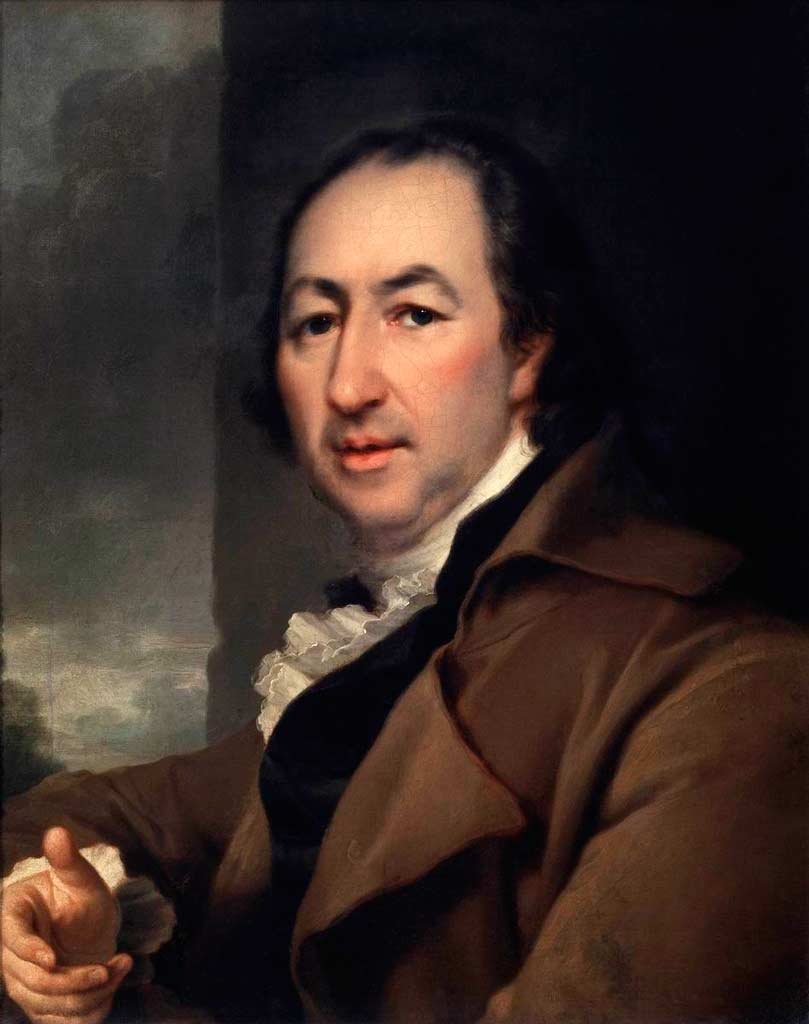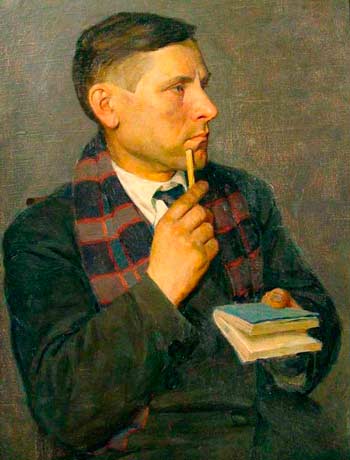Monthly Archives: July 2019
Boyardo, Matteo Maria, and his “Roland in Love”
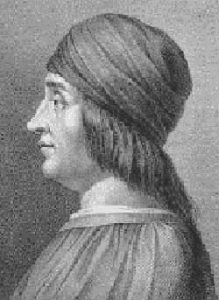 Matteo Maria Boyardo (1434 or 1441-1494) was descended from a noble surname, who zealously served the Este family (who owned Ferrara and Modena) and received from him in 1423 fief possession the county of Scandiano. Count Matteo Maria Boyardo studied in Ferrara, acquired a thorough acquaintance with Greek and Latin literatures, received the degree of Ph.D. and jurisprudence. The dukes of ferrara showed great respect for him; he married a girl from the Gonzag dynasty. From 1478 until his death, he almost continuously served as ruler of Reggio (in Lombardy). Modern lawyers blamed him for being too gentle, saying that he is better able to write poetry than to punish crimes. Continue reading
Matteo Maria Boyardo (1434 or 1441-1494) was descended from a noble surname, who zealously served the Este family (who owned Ferrara and Modena) and received from him in 1423 fief possession the county of Scandiano. Count Matteo Maria Boyardo studied in Ferrara, acquired a thorough acquaintance with Greek and Latin literatures, received the degree of Ph.D. and jurisprudence. The dukes of ferrara showed great respect for him; he married a girl from the Gonzag dynasty. From 1478 until his death, he almost continuously served as ruler of Reggio (in Lombardy). Modern lawyers blamed him for being too gentle, saying that he is better able to write poetry than to punish crimes. Continue reading
Beaumarchais The Marriage of Figaro
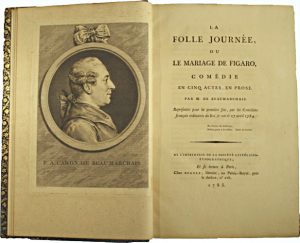 Exceptional success fell on the second part of the Beaumarchais comedy trilogy – “Mad Day, or the Marriage of Figaro”. (For the first part – see “The Barber of Seville” – analysis.)
Exceptional success fell on the second part of the Beaumarchais comedy trilogy – “Mad Day, or the Marriage of Figaro”. (For the first part – see “The Barber of Seville” – analysis.)
Before us is Figaro again. But now it is no longer the Barber of Seville, arranging the love affairs of a young aristocrat. Managing the castle of Count Almaviva, he now comes into conflict with his master. Continue reading
Bogdanovich “Darling”
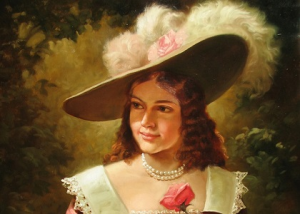 The content of “Darling” is taken from La Fontaine’s prose work “The Love of Psyche and Cupid” (“Les amours de Psyché et de Cupidon”). The content of this work, in turn, was borrowed by the author from Apuleius’s novel The Golden Ass.
The content of “Darling” is taken from La Fontaine’s prose work “The Love of Psyche and Cupid” (“Les amours de Psyché et de Cupidon”). The content of this work, in turn, was borrowed by the author from Apuleius’s novel The Golden Ass.
In the work of Apuleius, the main idea is that the soul, immersed in sensuality, matter afterwards, thanks to the initiation into the sacraments, is purified and transformed. The soul of a woman (Psyche), having lost its original purity, should as a slave of Love (Venus) undergo a series of severe tests in order to ascend to the divine bridegroom – Eros (Cupid, Cupid). Continue reading

